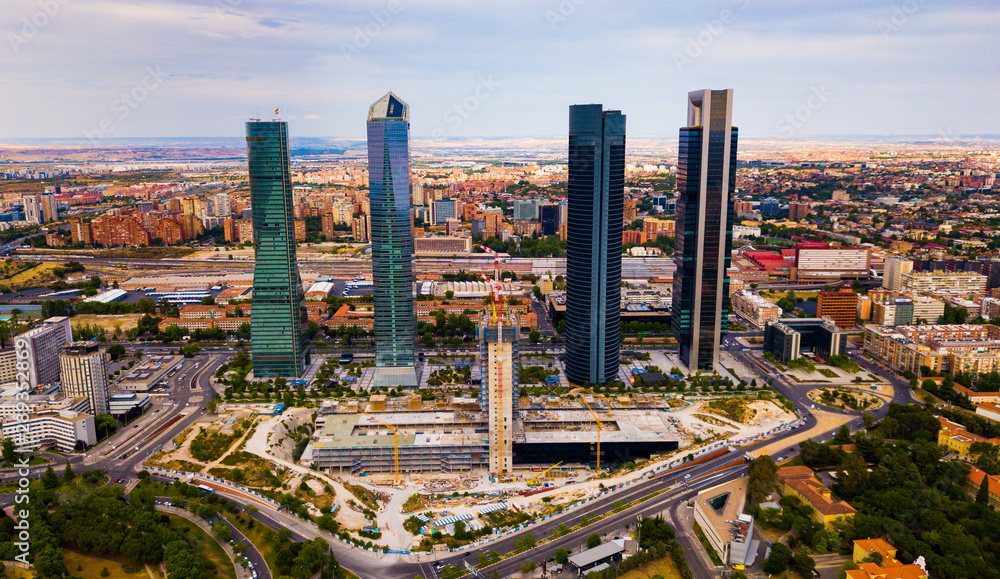
Spain’s main businesses
Spain, the fourth-largest economy in the Eurozone, has a diverse business landscape influenced by its history, geography, and global trade networks. Its key industries include tourism, agriculture, energy, technology, and manufacturing, making Spain a vital player in Europe and beyond. Below is an overview of Spain’s main businesses and industries:
1. Tourism
Tourism is a cornerstone of Spain’s economy, contributing around 12% to the GDP. Spain consistently ranks among the top tourist destinations worldwide due to its rich history, culture, and climate. Popular cities like Barcelona, Madrid, and Seville, along with attractions such as the Alhambra, Sagrada Família, and Ibiza’s beaches, drive tourism. The hospitality sector thrives on international and domestic visitors, supported by globally recognized hotel chains and transportation networks.
2. Agriculture and Food Industry
Spain is a leading agricultural producer, exporting high-demand products such as olive oil, wine, fruits, and vegetables. It is the largest olive oil producer globally and a top wine exporter, with regions like Rioja and Ribera del Duero gaining international acclaim. The food industry, supported by brands like Grupo Calvo and Campofrío, benefits from advanced processing and packaging technologies.
3. Energy and Renewable Resources
Spain has invested heavily in renewable energy, becoming a leader in wind and solar power. Companies like Iberdrola, Acciona, and Siemens Gamesa have placed Spain at the forefront of the global energy transition. These firms not only dominate the domestic market but also export expertise and technology internationally.
4. Technology and Innovation
Spain’s technology sector has been growing rapidly, particularly in areas like software development, fintech, and biotechnology. Cities like Barcelona and Madrid have become tech hubs, attracting startups and multinational companies. The Spanish government supports innovation through initiatives like the Spain Entrepreneurial Nation Strategy, aiming to position the country as a global leader in technology by 2030.
5. Automotive and Manufacturing
The automotive industry is a significant contributor to Spain’s economy. Spain is the second-largest car manufacturer in Europe, with global brands such as SEAT (a subsidiary of Volkswagen) headquartered in the country. Other major manufacturing sectors include textiles, chemicals, and electronics, supported by a skilled workforce and advanced infrastructure.
6. Finance and Banking
Spain’s banking sector is robust, with multinational firms like Santander and BBVA playing a significant role in global markets. These institutions have a strong presence in Latin America, leveraging Spain’s historical and cultural ties with the region.
7. Real Estate and Construction
The real estate and construction sectors are essential to Spain’s economy, supported by urbanization and foreign investment. Companies like Ferrovial and ACS are leaders in infrastructure development, not only in Spain but also internationally.
8. Fashion and Retail
Spain is home to globally recognized fashion brands, such as Zara, Massimo Dutti, and Pull & Bear, all part of the Inditex group. The country also boasts other notable brands like Mango and Desigual, which have a significant international presence.
Conclusion
Spain’s economy is driven by a blend of traditional industries and modern innovation. Its strategic location in Europe, skilled workforce, and commitment to sustainability position the country as a key player in global markets. By balancing its strengths in tourism, agriculture, and manufacturing with advancements in technology and renewable energy, Spain continues to evolve as a dynamic business hub.



Leave a Reply